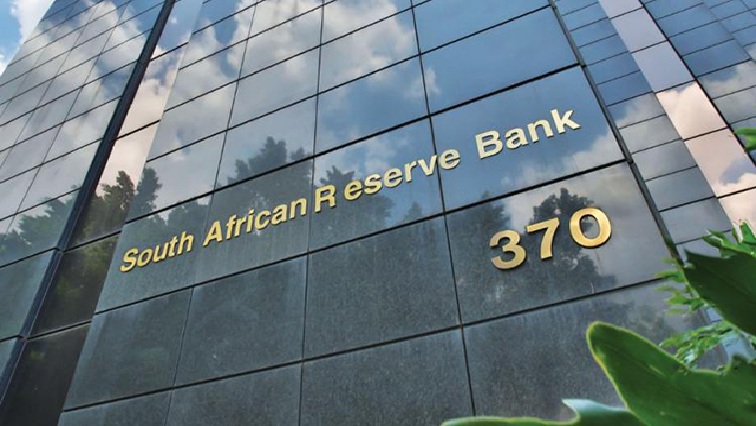South African Reserve Bank governor, Lesetja Kganyago, says the country’s central bank acted with speed and scale to avoid a financial crisis that would have been imposed by the COVID-19 pandemic.
Kganyago says the bank’s decision to cut rates to their lowest level in history at 3.5%, and buying government bonds in the secondary market provided significant relief to the economy.
He says it is now up to government to implement structural reforms to get the economy up and running. Kganyago was speaking at the S&P Global virtual Emerging Markets Conference.
The governor says the government’s latest moves to allow increased self-generated electricity capacity, as well as the public and private partnership at South African Airways are promising steps of growth enhancing reforms.
“These are things we use to debate for a long time but eventually somebody had to make a decision and that is the kind of reforms that when the reforms have to be made, they have to be made. But sometimes when reforms are being made there are losers and winners. Whereas the entire society might be winning, that is not how the interest groups will see it. What is important is to be able to put a transition that could be seen to be fair by players in the economy.”
Kganyago says the social relief measures provided by government in mitigating the economic impact of the pandemic lead to a fiscal deficit. He says government has done well to reduce the spending shortfall so far.
“Fortunately as the global north was reopening commodity prices recovered, tax revenues recovered in SA and true to form, the National Treasury instead of spending that money used that money to bring down the government’s borrowing requirements and in the process fiscal consolidation took place at a faster pace than was initially expected without having to embark on austerity measures,” he adds.
Kganyago says the central bank was able to respond effectively to the COVIC-19 shock despite weak economic growth – because inflation was well within the bank’s target range.






